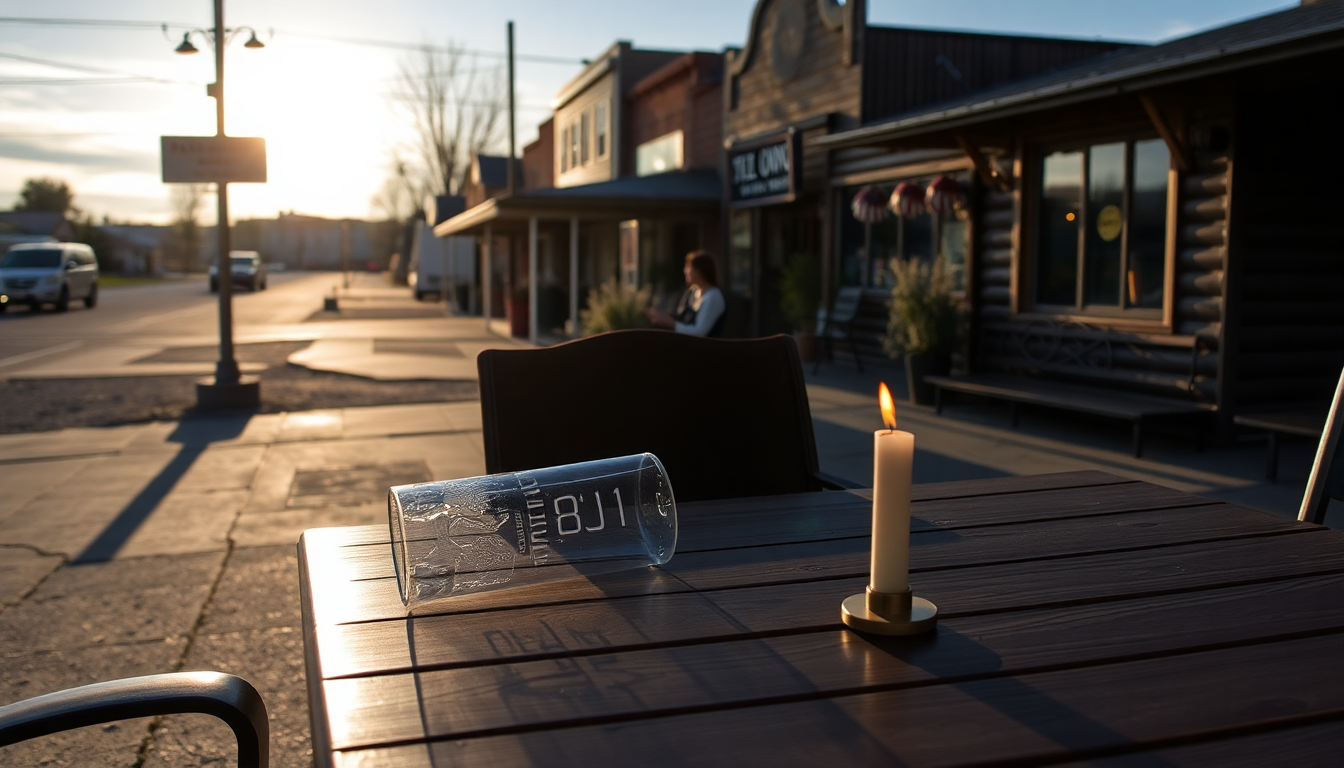Table of Contents
On August 1, a tragic shooting at The Owl Bar in Anaconda, Montana, took the lives of four individuals, sending shockwaves through the community and sparking a swift response from law enforcement. The suspect, 45-year-old Michael Paul Brown, was captured after a week-long manhunt, which underscores the complexities of violent incidents in small towns.
How does a community grapple with such a devastating event?
Incident Overview
The shooting occurred late at night, leaving residents in disbelief and prompting a lockdown in the area. As authorities continue to gather information, the motive behind the shooting remains a mystery.
Local and state law enforcement acted quickly and decisively, ultimately apprehending Brown, who lived right next door to the bar where the tragedy unfolded.
Governor Greg Gianforte took to social media to praise the rapid response of law enforcement throughout the state, highlighting the importance of community safety and extending condolences to the victims’ families.
It’s hard to overstate the emotional impact of such violence on a small town, as residents try to come to terms with the aftermath of this heartbreaking incident.
Suspect Background and Mental Health Issues
Michael Paul Brown’s military history adds another layer of complexity to this situation.
Serving as an armor crewman from 2001 to 2005 and participating in a deployment to Iraq, his background raises important questions about mental health, particularly for veterans. Reports suggest that Brown struggled with mental illness for years, a fact echoed by his niece, Clare Boyle, who revealed that the family had sought help for him multiple times.
This intersection of mental health and gun violence is crucial to understand, emphasizing the urgent need for effective support systems for individuals in crisis. How can communities better address the mental health challenges that may contribute to such tragedies? This remains a pressing issue for discussion as we reflect on the implications of violence.
Community and Legal Response
In the wake of the shooting, community leaders and residents have rallied together, expressing their grief and solidarity with the victims’ families. Montana Attorney General Austin Knudsen commended the tireless efforts of law enforcement and acknowledged the overwhelming support from the community and beyond. This incident has ignited conversations about the underlying factors contributing to violence and the urgent need for preventive measures.
Moving forward, it’s vital for communities to engage in open discussions about safety, mental health resources, and the importance of support networks for those in distress. The collective response from law enforcement and community members exemplifies the resilience and compassion that can emerge, even in the darkest of times. How can we foster a culture that prioritizes mental health and safety for all?





